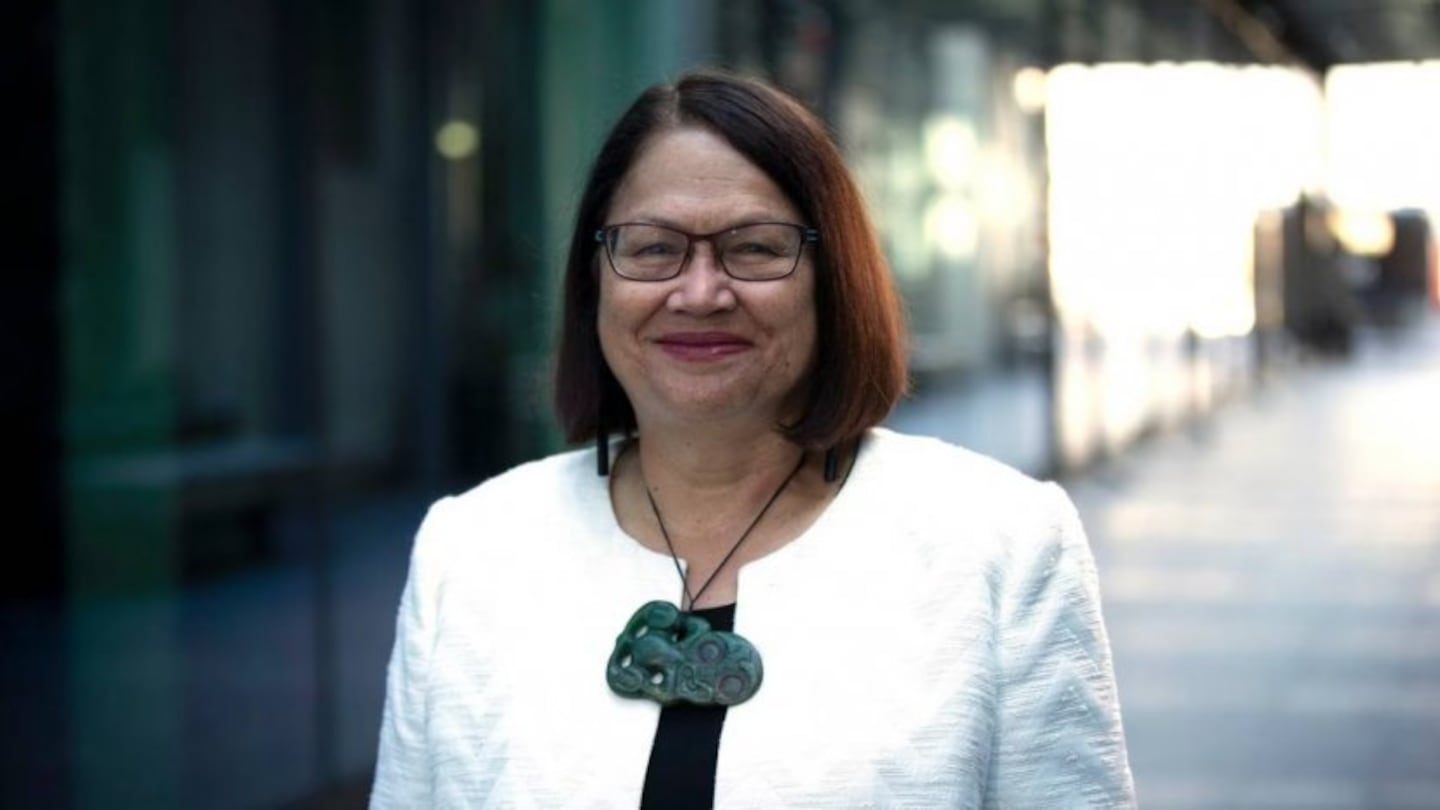Lady Tureiti Moxon and Janice Kuka, the applicants in Wai 3307, have satisfied the exceptional circumstances criteria necessary for an urgent inquiry into the disestablishment of the Māori Health Authority, Te Aka Whai Ora, the Waitangi Tribunal has said in a decision released on Friday.
The final decision on the application for urgent hearing has been adjourned pending receipt of the Crown’s memorandum outlining its alternative plan. It is due on January 31.
The Crown had earlier opposed the application for urgency in its submission saying it would make alternative plans - submitting that “Te Aka Whai Ora is not the only way to improve Māori health outcomes and there are more effective ways to do so” - but was “not yet in a position to articulate” them in detail.
The Tribunal disagreed and said the Crown’s alternative plans to Te Aka Whai Ora should be “properly ascertained and evaluated”.
The Crown also acknowledged that there had not been a consultation process with the Treaty partners leading up to the decision to promote policy to disestablish Te Aka Whai Ora.
“Merging Māori back into one system is not going to address inequities,” Lady Tureiti said Saturday in a release by Kirikiriroa marae-based provider Te Kohao Health.
Lady Tureiti is the provider’s managing director and chair of the National Urban Māori Authority.
“16,000 pages of evidence in the Stage One Health Services and Outcomes Kaupapa Inquiry proved this doesn’t work. All the experts and Crown officials agreed that Māori get lower quality care than other New Zealanders unless they are with a Māori Provider. That was why we needed transformational change. Te Aka Whai Ora was starting to raise up our Māori health solutions,” she said.
The Tribunal’s decision in Wai 2575 stressed that Māori should have tino rangatiratanga over their own health because the Crown failed under article 3 to ensure the same outcomes for Māori as other New Zealanders under its obligations of Te Tiriti o Waitangi, the release said.
It added that this current Crown policy was made on the premise that it hasn’t engaged with Māori and believes it knows what’s best for Māori, which is different to ‘for Māori by Māori’ decision-making.
The Crown has admitted that the ‘first 100 day’ intention to promote legislation to unwind the Māori Health Authority is a political decision and is not policy-driven, the Tribunal said. There has been no consultation with tangata whenua.
“The Waitangi Tribunal in its Hauora report based on the merits of the evidence recommended the establishment of a Māori Health Authority because the Crown breached its Treaty of Waitangi obligations,” said Lady Tureiti.
Moxon and Kuka were lead claimants in stage one of the Wai 2575 inquiry that produced the historic report that paved the way for Te Aka Whai Ora and new legislation.
“Our evidence and subsequent Sapere Report findings on primary healthcare underfunding resolutely showed how disadvantaged Māori primary health providers, services providers and ultimately Māori patients were under that old regime that failed to give effect to tino rangatiratanga,” Lady Tureiti said.
In a complete u-turn, the incoming coalition government now wishes to restructure the health system and then decide how to engage with Māori on its alternative plan to address poor outcomes, the release said.



